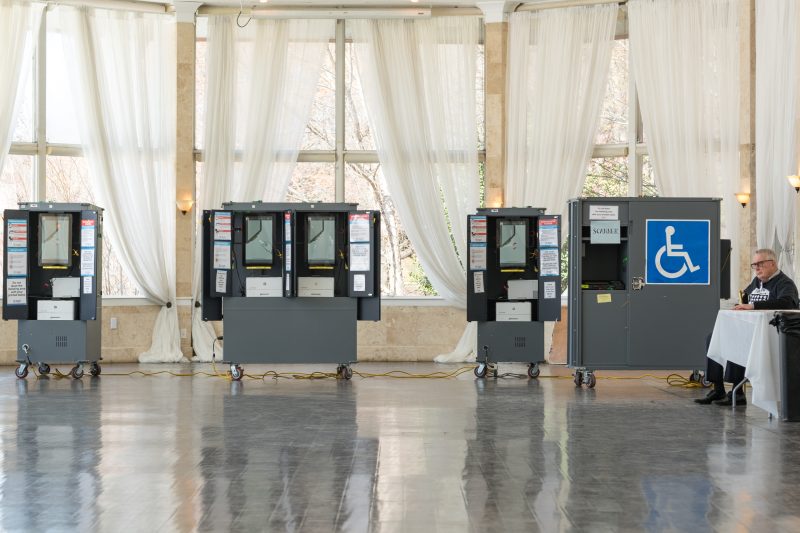Once upon a time, Americans generally liked the candidates who were running for president. It seems hard to believe in these jaded times, but, before 2016, at least one candidate in the modern era was viewed positively by at least half of Americans. Even in 2020, Joe Biden was almost there, with 49 percent approval in Gallup’s last poll before the election.
It is now 2024, and that is very much not the case.
Gallup recently asked Americans how they felt this year’s major-party candidates would do as president — a job, you do not need to be reminded, that each has held. About 3 in 10 respondents said they thought only Biden would be a good president. About a third said the same of Donald Trump. And about 3 in 10 said that neither would.
Unsurprisingly, views differed by party. Democrats, it turns out, were much more likely to say that only Biden would be a good president. Republicans were more likely to say that only Trump would. But big chunks of each party said that neither would be — a fifth of each group, in fact.
A plurality of independents shared that sentiment, with 4 in 10 telling Gallup that they didn’t think either candidate would be a good president. This is not terribly surprising; independents often center their political decisions heavily on what they don’t like. But it is nonetheless important, given how close the race is and will continue to be, as well as the determinative effect that voters who disliked both Hillary Clinton and Trump had on the 2016 contest. Take out Trump’s advantage with those voters in the three states he flipped that year, and Clinton is inaugurated in January 2017.
Polling before the election, though, often risks overstating the size of the “dislike both” population in the electorate. After all, if you dislike both presidential candidates, you are understandably more likely to simply stay home in November.
Gallup asked that, too: What did those ‘neither would be good’ respondents — about 6 in 10 of whom were independents — plan to do when Election Day came around?
About a fifth said they would stay home. Nearly half said they would vote third party.
This is what happened in 2016, that first election where both candidates were broadly unpopular. Turnout was up only slightly relative to 2012, with millions of voters who cast ballots for Barack Obama in the previous election staying home. In that election, too, an unusually large number of voters opted for third-party candidates.
But, of course, 2016 and 2024 differ in other important ways. For one thing, early polling suggests that the dislike-both-candidates vote is more favorable to Biden than it turned out to be for Clinton eight years ago. For another, many people who plan to vote for Biden this year are doing so explicitly in opposition to Trump, which was a less-prevalent position before his term in office.
Where 2024 and 2016 are indisputably similar, though, is in how people view the entire contest. Voters are being asked, yet again, to pick between candidates whom many don’t particularly like. And, as happened after the 2016 and 2020 elections, the winning candidate will take office and quickly have his job performance viewed negatively by most Americans.





























